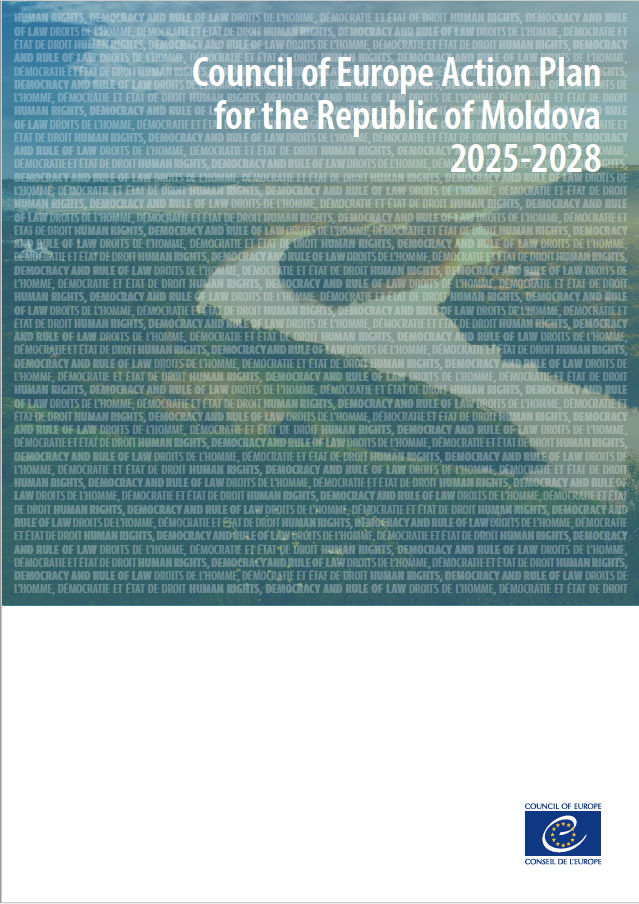At a round table on anti-discrimination and diversity in the Republic of Moldova, the Council of Europe showcased its achievements in this field from 2021 to 2024. The event united 40 key stakeholders from central and local levels, including representatives from five districts—Calarasi, Dubasari, Soroca, Cimislia, and Criuleni, as well as civil society organizations advocating for vulnerable groups, including LGBTI individuals, Roma, women, ethnic and religious minorities, and persons with physical and mental disabilities.
At the opening of the event, the Head of the Council of Europe Office in Chisinau, Falk Lange, highlighted that “embracing diversity means fostering an inclusive society where everyone has the opportunity to contribute and thrive”.
„This is not only a moral imperative but also a practical one. The Republic of Moldova has a rich heritage of a variety of cultures, languages, and traditions, that offer valuable lessons and opportunities for inter-ethnic connectivity and collaboration within the diverse European family”, he added.
Ambassador of the Kingdom of the Netherlands in the Republic of Moldova, H. E. Fred Dujin, also stated: “The Netherlands are a promoter of human rights around the world and in Moldova as well. We believe that any person no matter its religion, ethnicity, sexual orientation and gender identity should live in dignity. This will make a society thrive”.
Following the adoption of the law 111/2022, important steps toward strengthening hate crime response and better protection of vulnerable communities were taken at the national and local levels in the Republic of Moldova.
- A pool of trainers within the General Police Inspectorate was prepared to deliver peer-to-peer trainings on equality, non-discrimination, and particularities of bias-motivated offence, in line with European standards.
- Over 2 200 police officers attended informative sessions, while 429 law enforcement personnel completed in-depth two-day trainings familiarising with the new legislation and ensuring professional policing without prejudices in Moldovan diverse society.
- In cooperation with the National Institute of Justice, 162 judges, prosecutors and court clerks gained knowledge on relating case-law of the European Court of Human Rights on hate crime, applicable in their further work.
- To ensure sustainability, in partnership with Academy ”Stefan cel Mare” and civil society organization “Coalition for Inclusion and Non-discrimination’’, four courses within the Law Faculty curriculum were completed with important topics on non-discrimination, instigation to discrimination and violence, bias-motivated offences, professional ethics, aiming to prepare future police officer to prevent and effectively address discrimination and bias-motivated offences.
- Through its local level component and the partnership with four districts (Calarasi, Dubasari, Soroca and Cimislia), the Council of Europe project “Enhancing diversity and equality in the Republic of Moldova’’ increased the level of co-operation among local institutions and civil society organisations in providing specialised services to the victims of hatred and bias-motivated offenses.
- Further results in the anti-discrimination area were shared by the civil society organization “Fiecare contribute pentru Schimbare” (FCSP), who implemented the grant “Support for local networks in protecting vulnerable groups against stigma, discrimination and hate crime’’ with the support of local civil society organizations from Soroca, Calarasi, Dubasari and Cimislia, as part of the Council of Europe project “Promoting non-discrimination in the Republic of Moldova’’. As a continuation of Council of Europe cooperation with four local networks, series of workshops raised awareness, and increased capacities and cooperation between public service providers and local civil society organisations, in providing specialised services to the victims of discrimination, hatred and bias-motivated offences.





